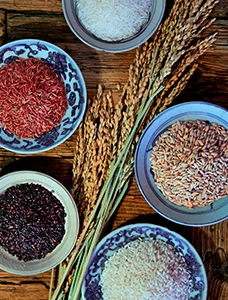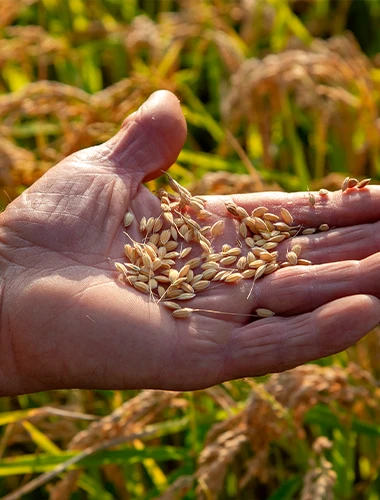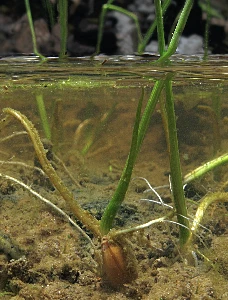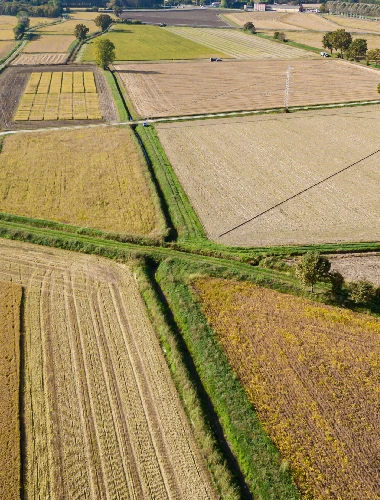The Association
Lomellina,
a land of rice
Our goal is to enhance the connection between the region and its strong tradition of rice cultivation.
Who we are
Together to promote local identity
The “Lomellina: Terra di Riso” Association was established by a group of local farmers with the aim of fostering the connection between rice cultivation and the region’s social, historical, cultural, and landscape heritage. The association is committed to civic, charitable, and social initiatives, including education, environmental protection, cultural enhancement, and tourism events. Its goals include promoting local products, advocating for sustainable development models, and spreading the culture of rice farming along with rural tourism.

The territory
A fertile countryside framed by three rivers
Situated between the Po, Ticino, and Sesia rivers, Lomellina is an area within the province of Pavia, long renowned for its rice cultivation. This very activity has shaped the region, deeply influencing not only the landscape but also the tangible and intangible cultural heritage of the area.
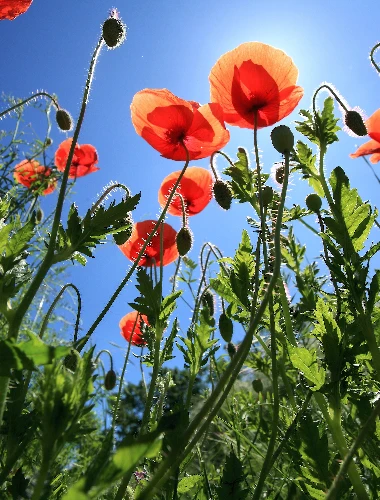
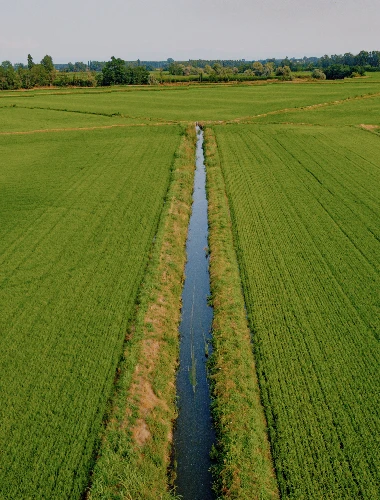
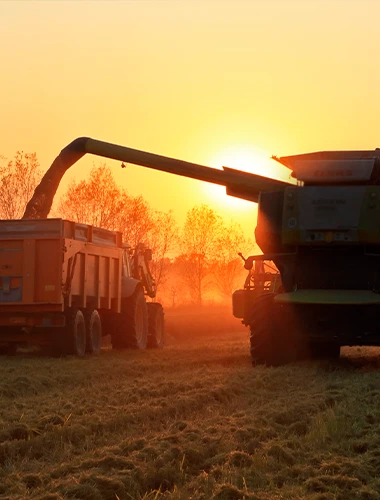
Members
Diverse experiences in service of a common good
Each member of the Association contributes to the project through their experience as rice farmers
and their specific expertise.
The members are:
Luigi Ferraris (President), Marta Sempio (Vice President and Treasurer), Francesca Massino (Secretary), Alessandro Cisco, Antonio Zerbi, Erika Fornaroli, Roberto Marinone.
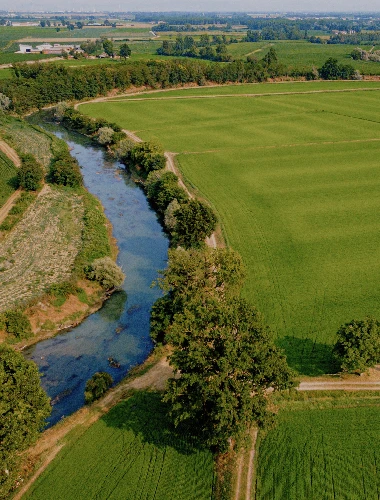
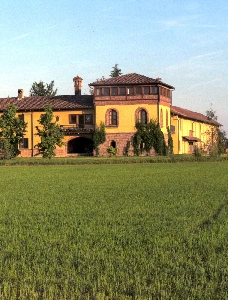
Rice varieties grown
Many types, one common denominator: quality
Rice is beautiful in its diversity—not only for its versatility in cooking but also for its incredible variety. Worldwide, there are over 100,000 different rice varieties, with more than 200 cultivated in Italy, as registered by the National Rice Authority. Among those grown in Lomellina are Carnaroli (including the Carnaroli da Carnaroli Pavese brand), Baldo, Roma, Sant’Andrea, Rosa Marchetti, Balilla, Centauro, Selenio, Ermes, Venere, Ebano, and Risrus, along with the historic Lomello variety, unique to this region. These different types, each with specific characteristics, are well-suited for risottos, soups, side dishes, and salads.
